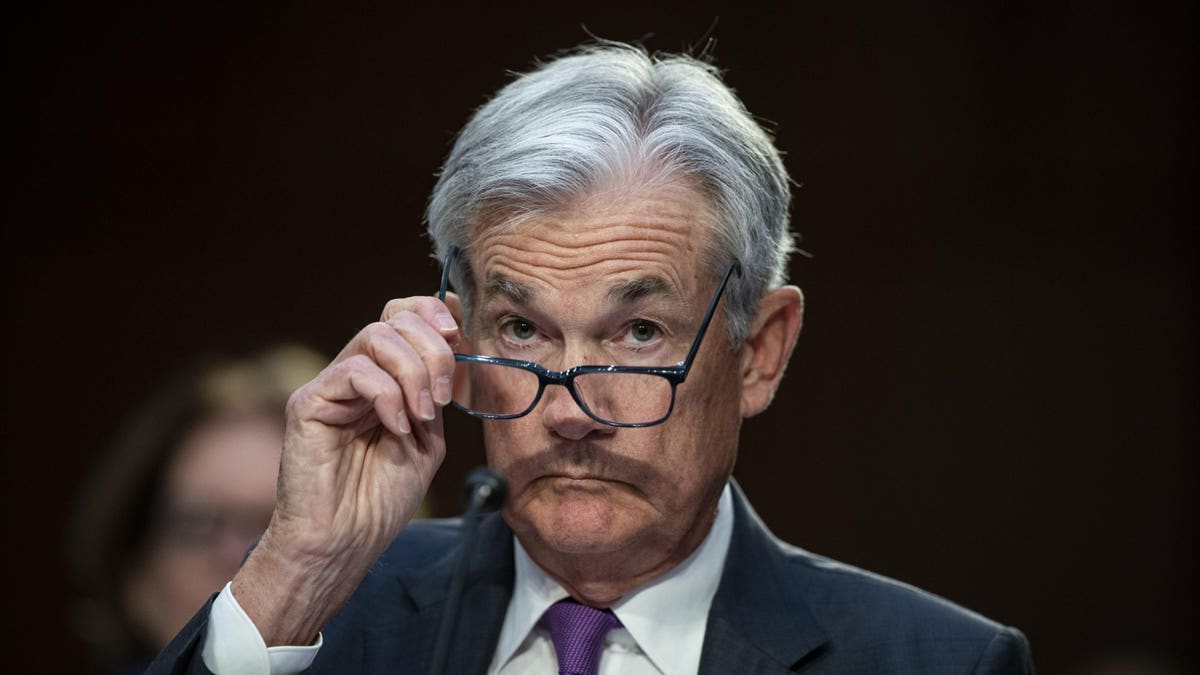Topline
Annual inflation fell for a tenth-straight month in April to mark its lowest level in nearly two years—an unexpected and positive development for the economy as the Federal Reserve’s battle to tame rising prices potentially nears a pause.
Key Facts
Consumer prices rose 4.9% on an annual basis in April, according to data released by the Labor Department on Wednesday, marking the smallest year-over-year increase since May 2021 and coming in better than economists expectations for inflation to remain flat at 5%.
Rent prices were, once again, the biggest contributor to overall inflation “by far,” followed by increases in the prices for cars and gasoline , the government said.
Core inflation, which excludes volatile food and energy prices, rose 0.4% on a monthly basis in April—falling in line with projections and flattening out from March, as prices for car insurance, recreation, furniture and personal care all continued to rise.
Prices for airline tickets and new cars were among those that fell last month.
Stock futures jumped immediately after the report, with the Dow Jones Industrial Average erasing early losses to trade up about 0.2%, while the S&P 500 and tech-heavy Nasdaq climbed 0.3% and 0.4%, respectively, by 8:50 a.m. ET.
Key Background
To help temper inflation, the Fed continued its aggressive rate-hiking campaign last week, raising interest rates by another 25 basis points to a top level of 5.25%—the highest since September 2007. Justifying the added pressure, officials noted inflation “remains elevated,” while the unemployment rate has remained low. Nevertheless, the hikes have already fueled a bear market, housing market correction and a rash of sudden bank failures. Experts believe the economic stress could force the Fed to pause the tightening at its upcoming meeting, though they note prices are still increasing far too quickly. “With inflation far from tamed, rationale for [the degree of cuts investors are hoping for] will either come from a recession… or a crisis that stems from the debt ceiling, regional banks or some other black swan,” says Morgan Stanley’s Lisa Shalett.
This is a developing story. Please check back for updates.
Jobs Report Better Than Expected (Forbes)
‘Recession Incoming’: Economic Growth Slows To 1.1% (Forbes)
Read the full article here




